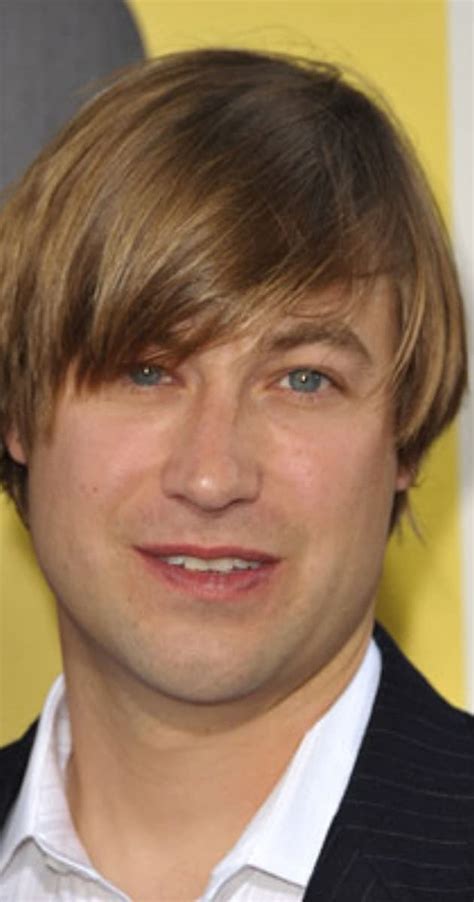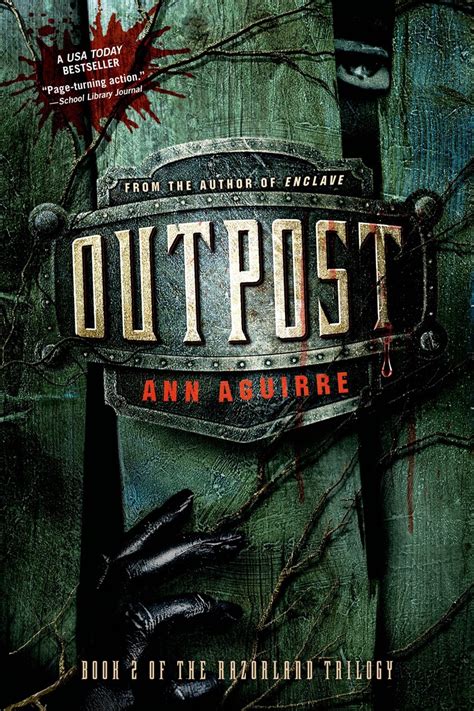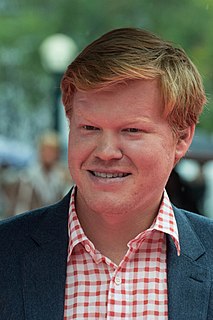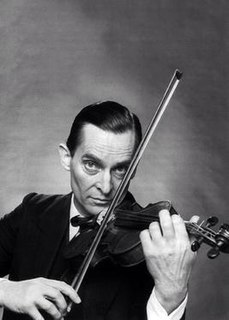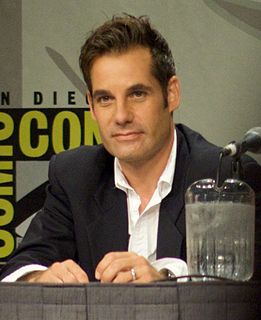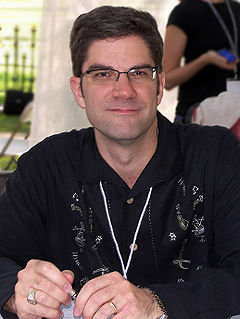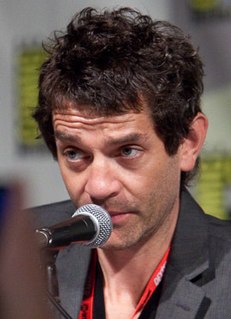A Quote by Michael Koryta
In terms of characters I wish I had created - just because I haven't dealt with anything like them - I'm really impressed by characters who can endure over time, whether that be a long series run like a Harry Bosch, or a character who endures over generations and continues to please readers: Sherlock Holmes.
Related Quotes
I have always liked kind of outsider characters. In the movies I grew up liking, you had more complicated characters. I don't mean that in a way that makes us better or anything. I just seem to like characters who don't really fit into. You always hear that from the studio: "You have to be able to root for them, they have to be likeable, and the audience has to be able to see themselves in the characters." I feel that's not necessarily true. As long as the character has some type of goal or outlook on the world, or perspective, you can follow that story.
For the most part, my characters don't talk to me. I like to lord over them like some kind of benevolent deity. And, for the most part, my characters go along with it. I write intense character sketches and long, play-like conversations between me and them, but they stay out of the book writing itself.
I remember when I was a kid, I loved Sherlock Holmes. I thought Arthur Conan Doyle was one of the greatest writers, because I felt I knew Sherlock Holmes. He existed to me. When I went to England the first thing I did was go to Baker Street to look for his house. I think you've got to try to make all of your characters as empathetic and realistic as possible.
'Friday Night Lights' was kind of like my college years because I did four seasons of that. It was my first series. It was the most time I had with one character, and kind of growing and evolving with the character over that long of a span of time, it just allows you to sort of learn in a completely different way that I had never experienced.
'Thunderbolts' I was mostly attracted to because I really wanted to write Punisher and Elektra and Deadpool, who are characters I have always really enjoyed. But the funny thing is that over time, I came to really like Red Leader; he became one of my favorite guys in the book. Sometimes characters surprise you.
It seems to me that any popular fictional character's appeal is idiosyncratic in nature. Characters with large followings - Sherlock Holmes, Harry Potter, the crew of the Starship Enterprise - seem to embody something very particular even as they speak to something within a huge number of people. When I think of the most time-tested examples, the common thread appears to be an author who feels deeply for what he is creating.
I remember somebody had said to me "What're you doing with a movie like Boiler Room? It's all men and you're a woman. You should be making romantic comedies," or something like that. Boiler Room, for me, was a morality tale. I remember this interview where they said to me "Yeah, but all the characters are men," and I was like, "But I'm a girl, I like men!" It's not like there's nothing interesting to me just because a lot of characters in that movie happen to be male. Just because I'm a girl doesn't mean I only wanna make Must Love Dogs over and over again.
I suppose it's possible that a writer would have feeling for his characters, but I can't see how, because writing is such a meticulous, intricate, technical business. I wish I could say that I love my characters and that frequently they take over the book and run away with the plot and so on. But they don't exist.
In terms of my relationships with a lot of the adult characters, when I was working with Harrison, it wasn't like a verbal agreement, but we both understood that because there was this constant tension between our characters, we couldn't say "Cut" and start acting normal. We had to keep an essence of that relationship in our characters off screen which is really important.

